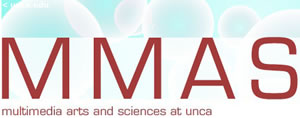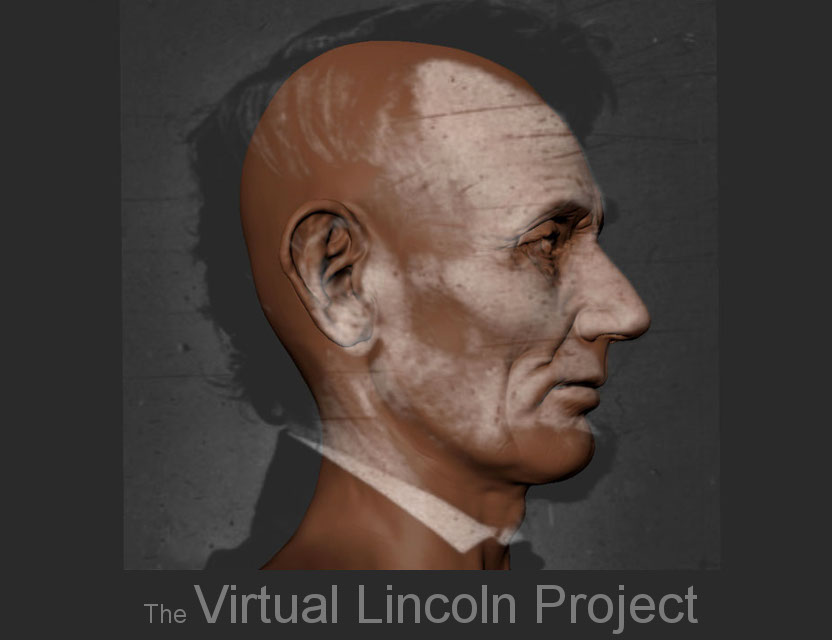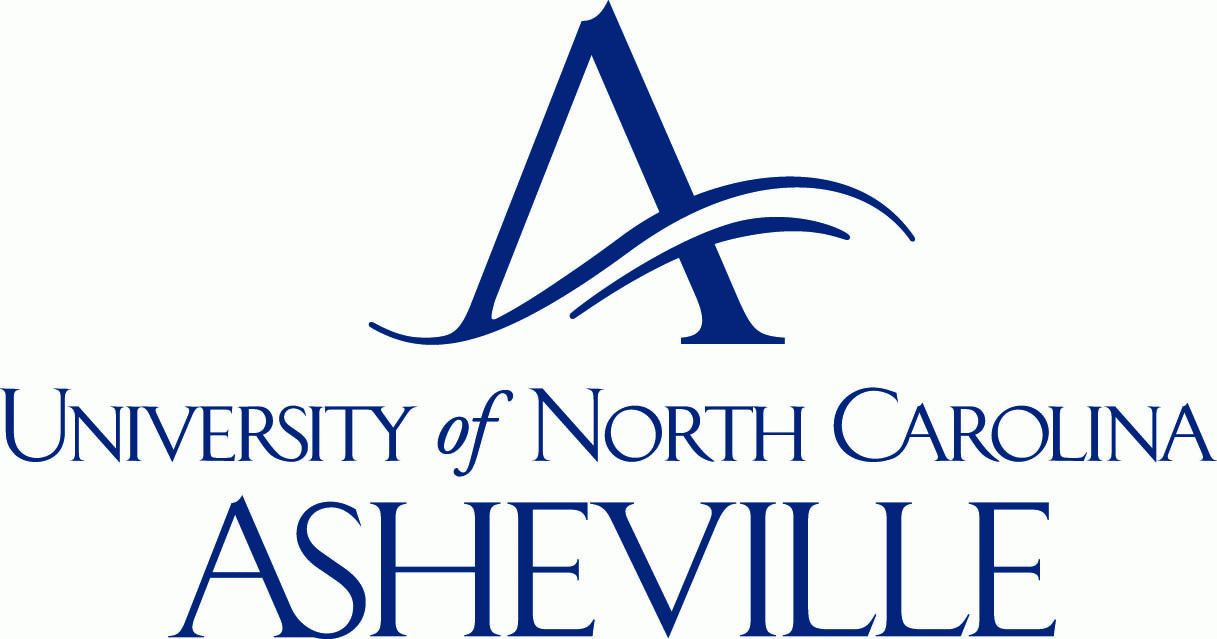Recommended Courses

These are all completely optional, and you might want to get a second opinion from a trusted buddy before taking a bunch of classes outside your major. Especially look into who the instructor is before you take a class, since that can make all the difference between a great experience and a really miserable one
ART Drawing I, Painting I, Ceramics I, Sculpture I, Printmaking I, Photography I, Figure Drawing, etc.
The New Media curriculum teaches a broad range of software, but there isn't enough time to also cover the essentials of drawing, shape, anatomy, and color in any real depth. It cannot be understated that a strong foundation in basic art techniques will drastically improve the quality of your work as a NM designer
ART Intro to Photoshop
This course doesn't emphasize the same kind of stuff taught in NM 101, so it could be useful for anyone looking to spend more time getting to play around with Photoshop
ARTH From Animation and Graphic Novels to Cartoons and Comix
The course has some writing assignments, but focuses more heavily on practicing 2D animation, stop-motion animation, and storyboarding, and covers some more experimental and underground artists not covered in NM History of Animation
ARTS Classic Film
The course covers the Golden Era of Hollywood from the 1920's to the 1950's
VMP Basic Video Production
This course provides more in-depth study of short video filming and production, which may be useful to video students. Mass Communication classes focus heavily on groupwork, the theory of media and culture, technical setup, and utilitarian filming aspects rather than the more individualized stylistic art films found in New Media. Documentaries, interviews, news reports, and 15-30 minute films are generally the type of work made in these classes
MCOM Law and Ethics
A course that covers subjects like copyright law, trademarks, cyber piracy, and ownership rights, which are all very relevant in today's litigious capitalist society. Legal terms may not seem like something you'd want to study now, but professional designers, filmmakers, and animators all need to know how to protect the rights to designs and ideas, as well as how to avoid undesired lawsuits
CSCI Unity
Introduction to the Unity game design engine. There aren't a lot of courses at UNCA dedicated to game design, but learning Unity is a good place to get started. If you are more into game development, additional programming and math classes would be the route to go
ARTH Art History I&II
These unfortunately require lots of memorization and writing essays, but even as a New Media designer it can be useful to be familiar with important artists and theories.
MSC/CSCI/MCOM/BIO
Many New Media students take Music, Mass Communication, and Computer Science classes. Ask your friends for class and instructor recommendations. There are also many unique applications for technology in the field of science, such as medical assistance or eco-friendly tech
DRAM
The Drama Department puts a lot more emphasis on going through the group pipeline and production process. This mimics the rapid pace and structure of production that you will encounter in most workplaces. There are also Drama classes on Lighting, Sound, Drafting, Costume Design, Acting, and Scenic Design that can be very useful for animators, designers, or video production people wanting to learn more specifically about these areas
MAE
Mechatronics and Engineering involve a lot of math and understanding of materials and circuitry, and they have a lot of prerequisies as well, so these classes aren't for everyone. However, fabrication, cybernetics, electronics, and simple robotics can have a lot of interesting applications for New Media artists
LANG Creative Writing
Writing classes are recommended for anyone interested in screenwriting, webcomics, blogging, or game narrative
Summer classes
Summer classes aren't an option for everybody due to jobs or returning home, but typically there are more diverse elective classes offered during the Summer. Summer terms are also much shorter than regular Fall and Spring semesters, which mean subjects are covered in 3 hour classes 4-5 days a week. If anything else, you can get through humanities classes a lot quicker by enrolling in the summer, usually without having to write nearly as many papers









